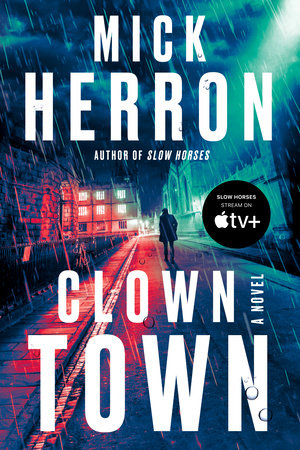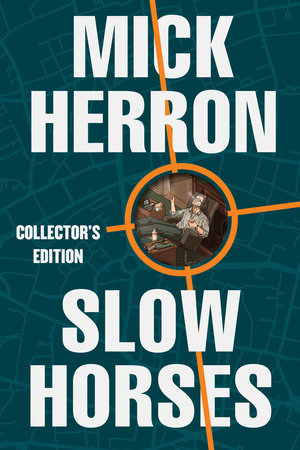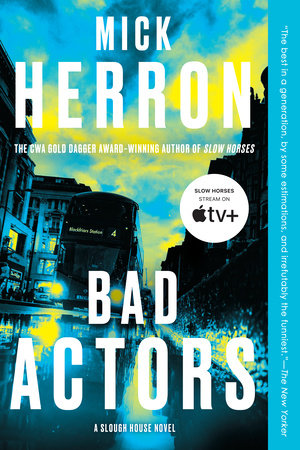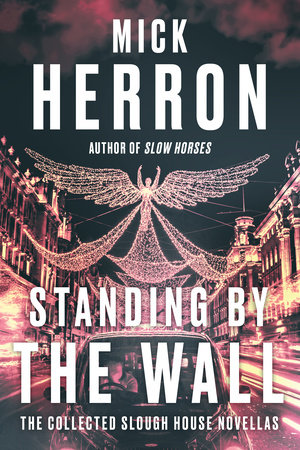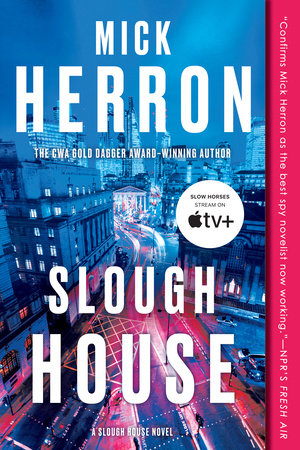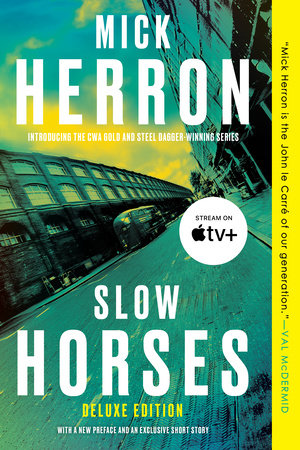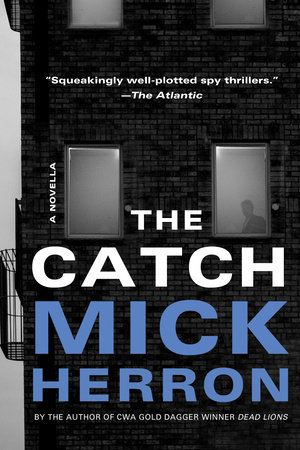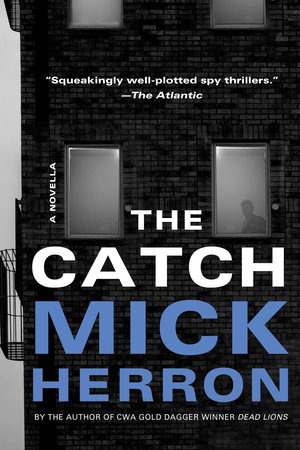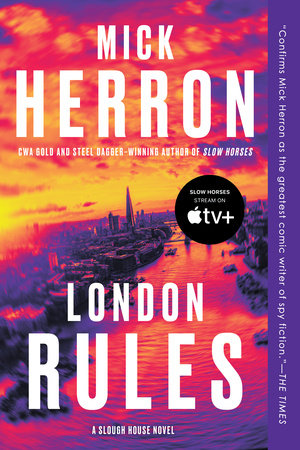Excerpt
Clown Town
So many things can break a head, it’s quicker to list the things that can’t. A banana. A cuttlefish. One of those balloons party entertainers twist into sausage dogs.
Front offside wheel of a Land Rover Defender, though. Definitely top half-dozen.
He had pictured this many times, witnessed it twice. It was a swift end with a slow build-up; the seemingly never-ending moments while the subject lay there, head between concrete and rubber. Bound, but not gagged—denying a man his last valedictions would be cruel. Also, there was the possibility of funny shit being said. But it was best to keep the arms and legs wrapped, and to hold the subject down, which meant allowing someone else to control the car . . . Which was fine. Up close and personal was how he liked to witness this: the full melon effect.
Ker-runkk.
Which didn’t come near the reality, of course. Just letters and syllables.
Putting things into words was always a disappointment.
Being there, though. Getting so close to the subject, you were sharing his final moment. The concrete petrol-patched and gritty; the tyre smelling of—well, tyres, but also of everything else: of dog shit, blood and feathers; of the rain on the streets, and stinking tar; of beer and chemicals and fistfights after closing time, and the wrong sort of music choking up the jukebox. Everything cascading at once, round and round. And your eyes on the subject’s, and his on the tyre, so close he’d be breathing in the tread, which was where evidence would be left, because no hose was going to clean that wheel. All that panic; the rat-trapped memories scuttling about; the fine detail stored in the brain’s grey matter—it would all be crushed like salt, crammed into the criss-cross pattern of the rubber, and left there so everyone would know what traitors get: the revving of an engine after midnight, and a close-up of their own misdeeds. They get that last second where they’re thinking this can’t be happening, and they keep right on thinking that until it happens. And then they get whatever comes next, hellfire or radiance, or just the endless silence on the wrong side of a closed door.
Take your man Stephen Regan. Little gobshite, due a nutting if anyone was: dobbing in names, scratching the wrong backs. Never buying his round. Acted like a big man but he squealed like a kitten at the last, crying for Jesus and shitting himself on the damp concrete. It had been a duty to turn that sack into landfill. Also, there’d been the matter of seeing what it looked like, this manner of dying, and what’s life about if not satisfying the itch? Though every itch came differently, which meant soon you were craving the next. Which was Bernard Docherty. If Stephen had been a crybaby, Bernard had been all balls and no forgiveness; a roaring boy who’d gone to his maker with both fists clenched. Aye, Bernard had been special, which was why they’d been friends once, back in their youth, stealing cars together the way they might have scrumped apples if they’d been different people, somewhere else. But it was all history now, either way.
It hadn’t felt like it at the time. At the time he just did what needed doing, and when it was over he carried on with life, which wasn’t the life those around him thought he lived. This was the nature of covert operations. He walked a road no one had the slightest wee notion was there, and everyone was scared of him—of course they were—but they hadn’t a baldy who he really was; didn’t know the secret of how to be him. Which was this simple—listen—it was this simple: All he needed was to know he had no limits. That was all. It wasn’t the killing, it was the not caring afterwards. It was going home and sleeping dreamlessly and letting nothing put him off breakfast. And then heading out into the world, knowing men would do anything to avoid his eye, and women leave the room rather than be alone with him. Though that happened too, of course. The more they didn’t want it to, the more he made sure it did.
For years he’d lived this way, and now it was over—the secret hours done and dusted—he lived a charmed life, because once you were part of the covert world it had to keep you safe. That was the sacred bargain he’d made.
Betray everything, and we’ll take care of you. The joke was, he’d never betrayed a thing—for that, you had to feel loyalty. But they’d kept him safe, because that was their job; hid him away in the north of England with all the leeway in the world. There was food and drink on the table, and money for girls when the urge overtook him; there were distant trains to mark the passing hours, and owls at night he could hear doing his job, snatching up the weak and frightened. There was a rhythm to it that would go on forever; round and round, round and round, and nothing goes round like a wheel; the night-time noises the same as always—the pitch and yaw of the gathering dark. Tonight, like most nights, he’d fallen asleep drunk in his favourite chair. Tonight, like no other, he’d come round to the smell of the tyre: rubber, dog shit, blood and feathers.
You always think this can’t be happening, and you keep right on thinking that until it does.
“Any final observations?”
The last words Stephen Regan and Bernard Docherty had heard.
He’d tried to move his head, but couldn’t; it was wedged between the rubber and the road. His arms and legs were bound, and there was someone sitting on him, holding him in place, the one exact person that could never be doing this, and that was the clue, the get-out clause, because that was the detail that proved this a dream. He was asleep in his chair, and when he woke he’d wipe sweat from his eyes and pour another drink. He could taste it now, its smoky absolution. He’d light another cigarette, and let the match burn down to his thumb, and the bright sharp pain would prove him awake, and this would be over.
It was the same old story: round and round.
He kept right on thinking it wasn’t happening, and then it did.
Part OneHands On
What you see when you see a blank page is much what you hear when you hear white noise; it’s the early shifting into gear of something not ready to happen—an echo of what you feel when you walk past sights the eyes are blind to: bus queues, whitewashed shopfronts, adverts pasted to lamp-posts, or a four-storey block on Aldersgate Street in the London borough of Finsbury, where the premises gracing the pavement include a Chinese restaurant with ever-lowered shutters and a faded menu taped to its window; a down-at-heel newsagent’s where pallets of off-brand cola cans block the aisle; and, between the two, a weathered black door with a dusty milk bottle welded to its step, and an air of neglect suggesting that it never opens, never closes. Should anyone look up, they’d see the legend w. w. henderson, solicitor and commissioner for oaths lettered in gilt on a window; might notice, too, the way the establishments comprising this block are distinguished by the varying discoloration of their façades, like the spines of books on disregarded shelves. But books, unlike spies, can’t be judged by their covers, and there’s no call for the busy pedestrian to pass sentence on this cluster of properties, which sits in one of those marginal spaces cities collect, then dump on disregarded streets or in corners never seen in daylight. London teems with them. In each of its boroughs you’ll pass such buildings, resisting examination; squat—windowless—drab—and walking by them is like remembering a rainy Sunday from the seventies, triggering something that’s almost boredom, almost pain, but never quite either.
It’s a momentary sensation, quickly shrugged off. Pedestrians shake their heads as if reminded of a minor chore they’ve been avoiding—unwashed laundry, an unread novel—and shuffle by, unaware that the anonymous structures in their wake are identified on maps, if at all, as “government buildings,” or that they house the secret servants of the state; that behind their walls the sharpest minds available are gathering intel, fabricating data, forecasting outcomes and analysing threats, when they’re not playing Candy Crush and watching the clock like the rest of us. There are armed guards behind unmarked doors; there are cameras scrutinising pavements, sentries studying screens. It’s thrillingly like a thriller. Sometimes—rarely—it might only have happened once—there’ll be action: A car will scream to a halt, a door will burst open. Figures in black with holstered weaponry will pour from the building and be whipped away. Later that same day you’ll see nothing about this on the news, and will struggle to remember precisely where it happened; being certain only that, wherever it was, it wasn’t Aldersgate Street, where little disrupts the daily round of not much going on. The Chinese restaurant remains closed for long stretches; the newsagent’s enjoys limited custom. Meanwhile, the black front door between them remains shut, and anyone foolish enough to seek entry must do so via a back alley, where a yard in which wheelie bins lurk like corpulent hoodlums also reveals, like an admission of guilt, a door which sticks in all weathers, and once forced open betrays nothing more high-tech than a staircase, lined with wallpaper peeling in some places and already peeled in others. A single dim lightbulb casts half-hearted shadows, and should you ascend the stairs you would find on each landing a pair of offices, neither inviting. The carpeting is scuffed; the skirting boards warp from the walls. There is evidence of murine activity, but even this seems ancient, as if the mice responsible packed their bags for pastures new years ago. If there were a lift, it would have long stopped working. If there were hope, it would have left. For if the murkiest of London’s depths are where its spooks congregate, Slough House—this being the name of the Aldersgate Street residence—is the lowest of the low; an administrative oubliette where the benighted moulder in misery. Their careers are behind them, though not all have admitted it; their triumphs are black laughter in the dark. Their duties involve the kind of paperwork designed to drive those undertaking it mad; paperwork with no clear objective and no end in sight, designed by someone who abandoned a course in labyrinth design in favour of something more uplifting, like illustrating suicide notes. The light in the building leaks away through cracks and fissures, and the air is heavy with regret. To arrive here for work every morning is its own punishment, one made harsher by the awareness that it’s self-inflicted—because all the inmates need do to win freedom is claim it. No one will stop them walking away. Indeed, there’s every reason to suppose that such a move would meet with admiration, or at any rate, a sigh of relief. Some employees are more trouble than they’re worth, and after various adventures involving poor choices, idiot politics, appalling weather and violent death, it’s fair to say that the slow horses fall into this category. It’s not that they wouldn’t be missed, more that they’d happily be forgotten. Whatever space they occupy on the map might more usefully be rendered a blank white nothing.
Though of course, blank spaces on maps are an invitation to the curious, just as empty white pages are a temptation to those with nothing better to do. In the drabbest of buildings, home to the dullest of spooks, stories wait to be told. And in Slough House—on Aldersgate Street—in the London borough of Finsbury—this happens the way it has always happened. One syllable at a time.


